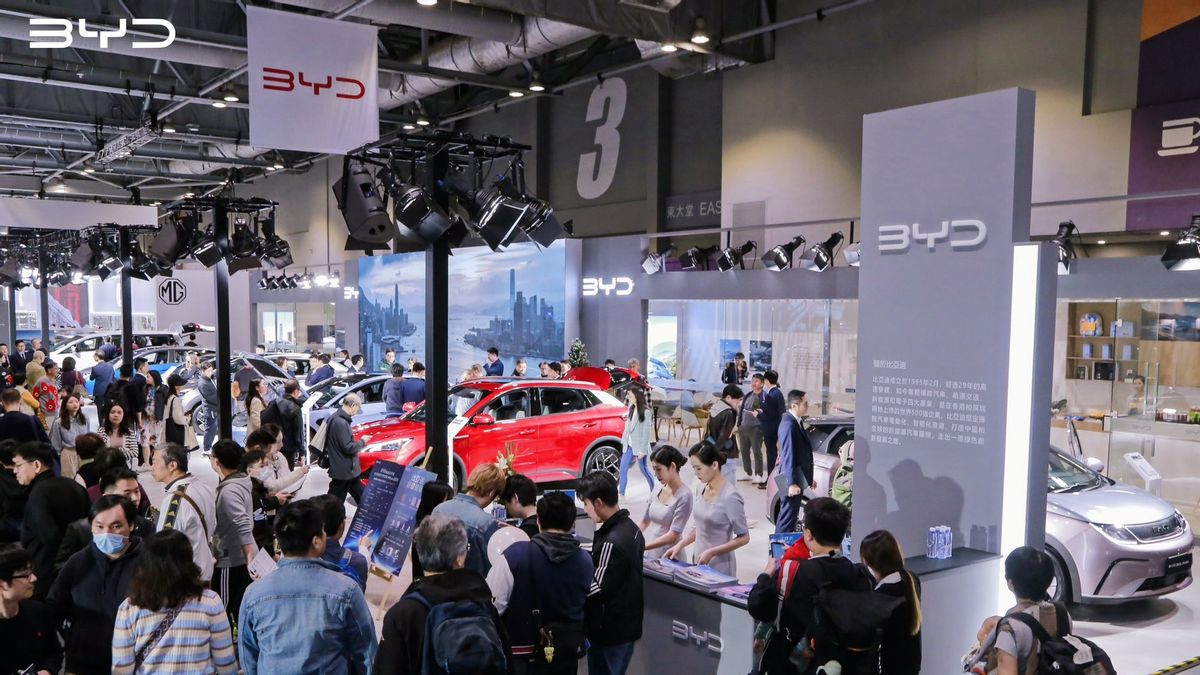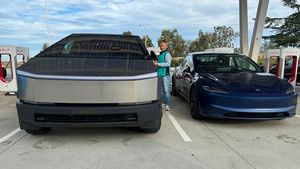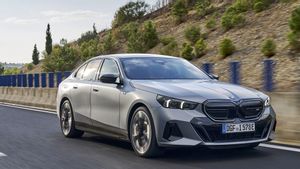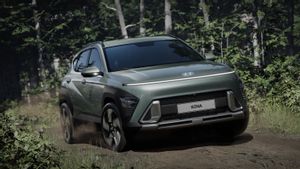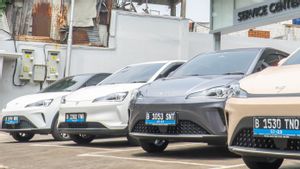JAKARTA - China's automotive market continues to grow significantly, both ICE vehicles, hybrid, plug-in hybrid and pure electricity. The affordable price is also a major factor for Chinese producers to compete with well-known producers accompanied by proven quality, especially since several manufacturers have collaborated with leading technology companies to create the best service.
No wonder China has now succeeded in controlling the world's car export market, which was previously controlled by Japan, Germany, and South Korea, which produces large numbers of cars for overseas markets. Slowly but surely China has already defeated the three countries, and became the largest exporter in the world.
As is known, in the first quarter of 2023 China has officially surpassed Japan, and now appears to be expanding its lead by the end of the year.
Based on a report from Nikkei Asia, December 29, the Chinese Automobile Manufacturers Association (CAAM) said the country exported 4.41 million vehicles between January and November, an increase of 58 percent compared to the same period in 2022. Meanwhile, when compared to Japan only touched 3.99 million units produced in the first 11 months of 2023 (up 15 percent).
Whereas from the data above, China has not made a serious breakthrough against the United States market, and is still in its early stages of entering the car sales market in Europe, but China already controls markets in Mexico and Russia.
From existing reports, China exported 730,000 vehicles to Russia between January and October, a seven-fold increase from the 2022 number. Although the figure in Mexico is not too impressive, namely 330,000 units, exports there have increased by 71 percent.
Chinese automakers do not stop exporting to Mexico. Several companies are trying to establish a production base there, which some industry experts say will be used to help Chinese brands access the US without having to pay for strict import duties.
However, not all Chinese car exports carry local brands. Although BYD is the main force in driving automotive exports of the country, Tesla, Volvo, BMW and Buick all produce cars in China sold in other countries.
SEE ALSO:
Meanwhile, specifically for BYD, reported by Bloomberg, January 1, BYD managed to sell 526,409 pure electric vehicles in the fourth quarter, meaning Tesla needed a new record to maintain its position as the number one electric car manufacturer when they announced sales figures this Tuesday, US time.
The English, Chinese, Japanese, Arabic, and French versions are automatically generated by the AI. So there may still be inaccuracies in translating, please always see Indonesian as our main language. (system supported by DigitalSiber.id)
